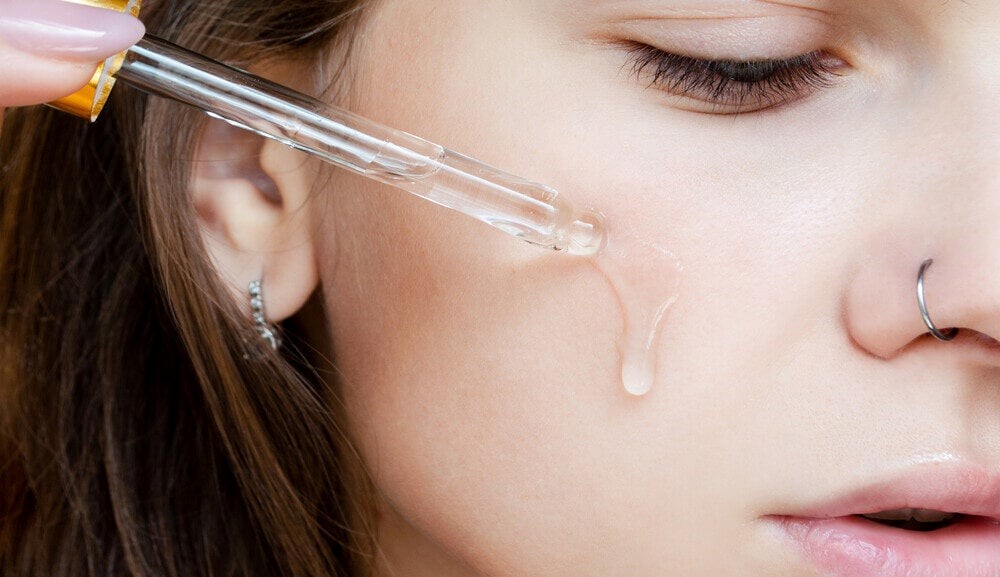
A new name has recently arrived in the anti-aging skincare niche and that name is bakuchiol. Before diving in, let’s go through a little background about retinol so you have a better understanding of how bakuchiol and retinol stack up against each other. Retinol is a vitamin A derivative and it is one of the best known anti-aging skin treatments currently on the market. Retinols, unlike many skincare products, are capable of passing the first layer of skin known as the epidermis and penetrating to the second layer of skin known as the dermis. Once in this second layer of skin, retinol works by eliminating free radicals and boosting the body’s production of collagen and elastin. However, retinol is not without risks. Exposing your skin to sun while using retinol could actually put you at greater risk for wrinkles and age spots which are some of the things you were looking to resolve with retinol in the first place.
Bakuchiol, on the other hand, is a gentler plant-based anti-aging ingredient derived from the seeds of the babchi plant. Bakuchiol, like the aim with many anti-aging ingredients, works to promote a smoother, wrinkle-free complexion by increasing the rate of cellular turnover of treated skin. First used in ancient Ayurvedic medicine, this ingredient has gained popularity again thanks to social media and a recent study which was on bakuchiol.
Is Bakuchiol Proven To Work?
Unlike many of the newer skincare ingredients on the market, this ingredient actually has some science to back it up. One study from the British Journal of Dermatology showed that bakuchiol helped smooth fine lines and wrinkles and even out skin tone after 12 weeks of use.
How Do The Two Ingredients Stack Up?
Although bakuchiol does not have as much science to back up its claims as retinol which has been around and renowned by dermatologists since the 1970’s, it does not appear to be snake oil. Therefore, the question is, how do these two ingredients compare? Bakuchiol is considered gentler and more well-tolerated while still providing many of the same benefits of retinol. In fact, the study mentioned above from the British Journal of Dermatology showed that bakuchiol worked just as well as retinol cream, but with less irritation. Therefore, it is very reasonable to first try bakuchiol cream before retinol for your anti-aging skin goals because you can always move on to harsher retinol cream if you are not satisfied with bakuchiol.
Does Bakuchiol Have Any Side Effects
While retinol cream has been known to cause scaling, burning and dermatitis, bakuchiol is not reported to have any side effects. Therefore, especially for people with sensitive skin, it really does not hurt to try bakuchiol. If you are a person with tolerant skin, you could even begin a skincare routine which incorporates both retinol and bakuchiol as they are not contraindicated.
Conclusion
While everyone’s skin is different and there is no one size fits all treatment, the preliminary data which is out regarding bakuchiol looks very promising. Although retinol is still the gold standard when it comes to anti-aging creams due to its long history of scientifically-backed results, we cannot discount that, possibly, over time, this same amount of data will come out to validate bakuchiol and solidify it as a retinol alternative.